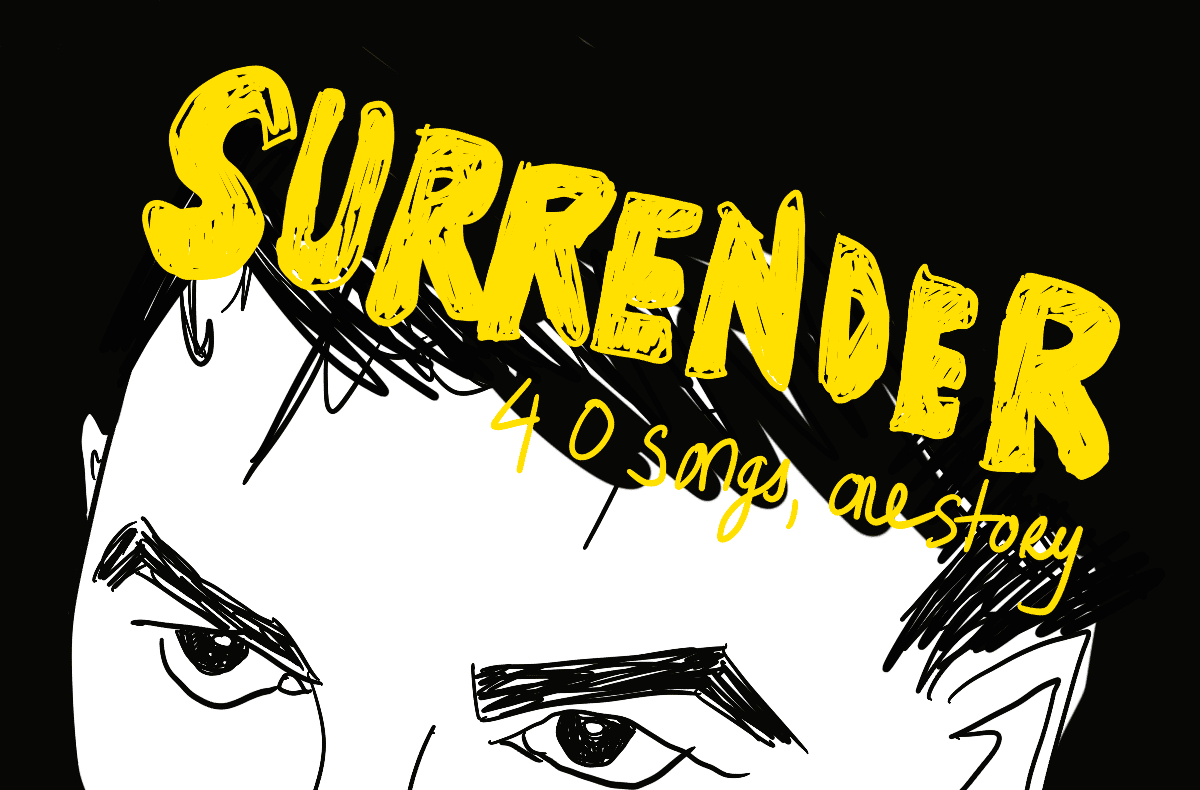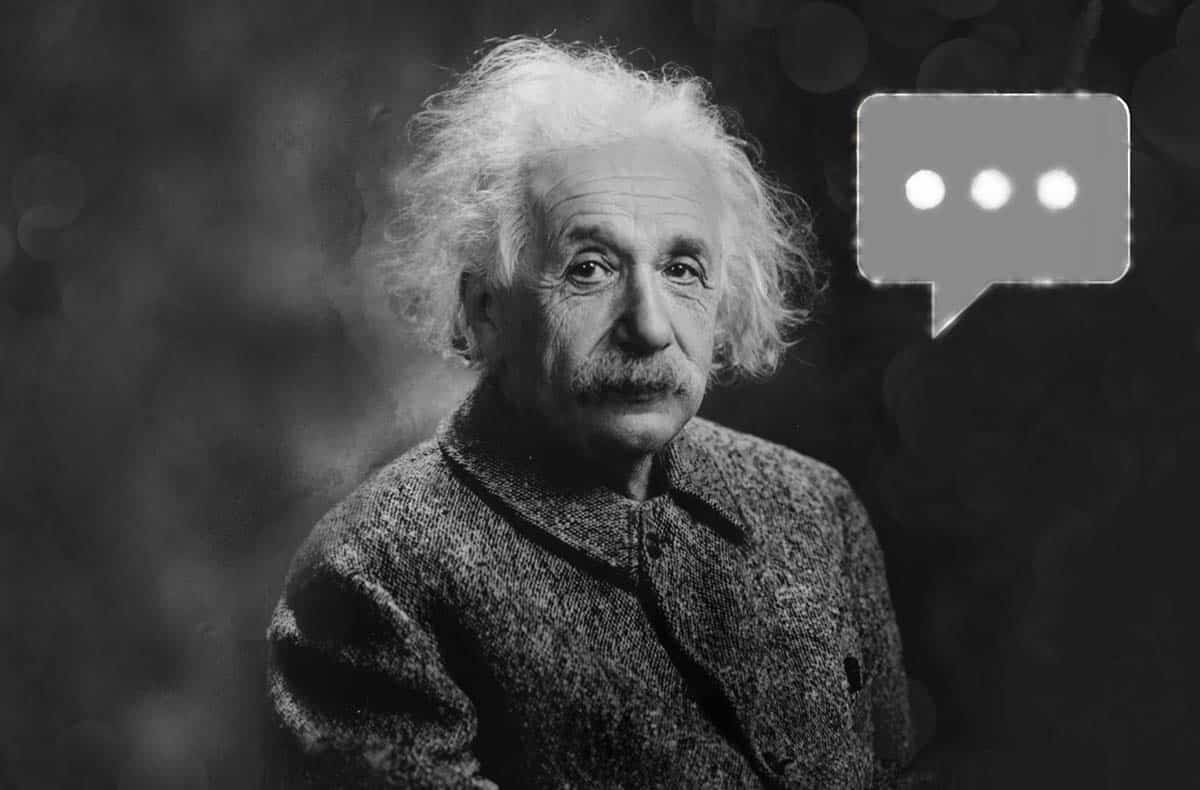
“Who controls the past, controls the future; who controls the present, controls the past.” I’ll genuflect to George Orwell’s creative brilliance anyday. But this line from his late-thirties’ novel 1984, Orwell’s warning against totalitarianism, sizzles with contemporary relevance.
It can be applied at many scales, from minor to major. In the weeks since Taylor Hawkin’s sad and sudden death (cardiac arrest claimed the Foo Fighters’ drummer on March 25), I found myself lost in Chuck Klosterman’s recent memoir, The Nineties. In a sense, the (remaining) Foo Fighters are the living 90s, given their leader Dave Grohl’s sterling credential as Nirvana’s sticksman.
Klosterman renders the decade as the last era in which individuals could preserve their disgruntled sovereignty against systems of money and power—even if it was only by affecting boredom, as indifferent slackers. “Oh well, whatever, never mind,” as Kurt Cobain sang in “Smells Like Teen Spirit.”
Klosterman’s assertion about the 90s—starting with 1989’s Berlin Wall, and ending with the tumbling of the Twin Towers in 2001—is that it was the “least annoying” of decades. I’d say this has an Orwellian tinge to it.
You could construct a very different history of the 90s. Instead of it being a messy hiatus for slackers and Gen X, it could be the seedbed of all our present troubles. Nativist terrorism (Oklahoma Federal Building bombing), financial deregulation (the repeal of Glass-Steagall Act) and economic meltdowns (from Japan to Brazil), digital networks beginning to eat everything (Wired magazine and The Matrix movie), conspiracising (The X-Files and the Unabomber), the Culture Wars, the LA Riots…
Not very “whatever.” And whoever controls our definition of this decade puts a thumb on the scales of the present. For example, it’s easy to denigrate our vital current debates around climate, economy and race as merely “polarized” and “extremist,” if you’re (falsely) idealizing the 90 as “non-ideological.”
But Orwell’s axiom is flexible. You can make audacious grabs at the past to open up a future, as much as to control it. That’s certainly what David Wengrow and the late David Graeber tried to do with their New York Times best-selling historical epic, The Dawn of Everything.
What grips the present, for D&D, is a dull orthodoxy about human prehistory. This both infantilises our ancestors as “noble savages”—and leaves us “stuck.” Meaning we are unable to escape from the idea that modern times require hierarchy and dominance. This is the sorrowful price we pay, says the conventional wisdom, if we want to organize ourselves to reap the bounty of agriculture and industry.
The two Davids do an enormous re-reading of about 20,000 years of the human record. And they show that our forebears were as much political animals as we fondly imagine ourselves to be—indeed, a hell of a lot more so. You read with delight about tribes on the American landmass who try the agricultural revolution, then think better of it (too much hard work), returning to lengthy deliberation, ritual play, and foraging.
But they go planet-wide in their references to innovative political communities in our deep past. If they’re successful with their “new history of humankind,” Wengrow and Graeber will have loosened the grip of a certain contemporary fatalism. We are often too grimly “realist” about how social groups tend to handle power and resources among themselves. Humans started out as political experimenters and players. Perhaps we can recommence.
Sometimes, Orwell’s equation can apply to trenches and battle positions (and I mean real ones). “Who controls the present” may seem like the most banal statement about Putin’s military invasion of Ukraine. But one of his war moves involves controlling the past—particularly the autocrat’s erasure of Ukraine’s national history. Putin has consistently rendered its modern existence as a “mere construct” of the Soviet Union, invoking instead a thousand-year continuity with a Viking chief who converted to Christianity.
When the going gets weird and dangerous, the historians turn pro. I’ve been devouring the work of US historian Timothy Snyder recently. Snyder came to prominence as an anatomist of Trump’s tyrannous tendencies, but has tapped into the pulse again, as an expert in Ukrainian history.
He re-seizes the past firmly. The Soviet Union was a “Union” because it was compelled to recognise the national distinctiveness of states like Ukraine (and the Baltics). The country “took part in every European turning point that we can think of—Renaissance, Reformation, Enlightenment,” notes Snyder. “Like most European countries, Ukraine had a national movement in the 19th century,” with a well-established national language.
Putin has long been drinking the historical intoxicants provided by advisors like Alexander Dugin, Ivan Ilyin and Vladimir Surkov. It’s generally regarded as the root of his strategic error: Putin assumed a supine Ukraine, grateful for further Russification, and instead barged into a country aspiring to the modern European mainstream.
If we virtualized him among us again, Orwell would be raising a bushy eyebrow at this moment. Of all the characters who might misread his axiom from 1984—as a program of action, rather than an acrid warning—it’s an ex-KGB operative turned isolated despot.
Perhaps the greatest satire here is on the idea that control of our historical stories, in this age of hypermedia, is remotely possible. Bashing away at his Remington Home Portable, Orwell intuited that postmodern condition very well.



